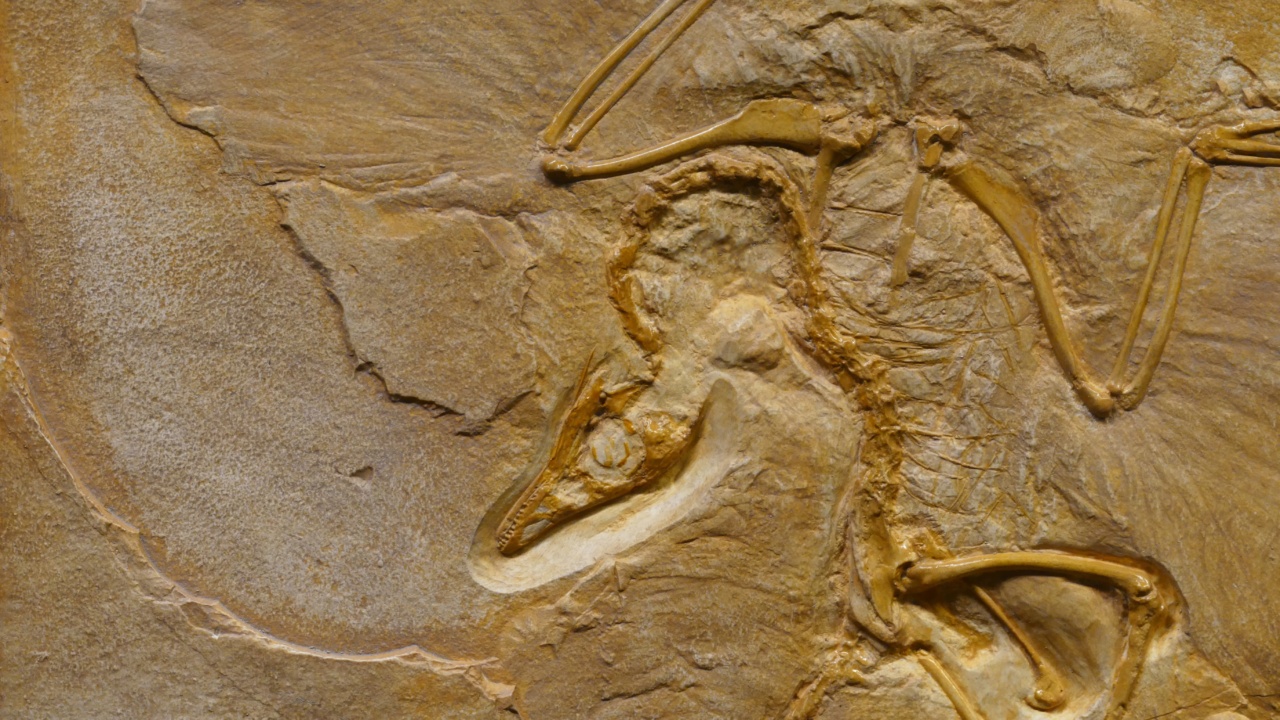Kochi, also known as Cochin, is a city located in the southwestern state of Kerala in India. The city has a rich and diverse history spanning hundreds of years, dating back to the prehistoric period and the early Vedic period.
According to historical accounts, Kochi was an important trading center for spices and other goods, which led to the city becoming a melting pot of cultures and religions. The city was also ruled by various dynasties, including the Chera, Chola, and Pandya kingdoms, before the Portuguese arrived in 1500.
The Arrival of the Portuguese
In the year 1500, Portuguese explorer Vasco da Gama arrived in Kochi seeking trade opportunities. He established a friendly relationship with the local ruler, the Zamorin of Calicut, and was later granted permission to build a fort in Kochi.
Soon, the Portuguese established a foothold in the city and began to dominate the trade in spices, particularly pepper and cardamom. They also introduced Christianity to the region and built several churches and cathedrals.
The Rise of the Dutch
In the 17th century, the Dutch arrived in Kochi and established a trading post. They engaged in a fierce rivalry with the Portuguese and were successful in driving them out of the city.
The Dutch built several forts and warehouses in the city, and continued to dominate the trade in spices. They also left a lasting legacy by building several noteworthy buildings, including the Dutch Palace and the tomb of Vasco da Gama.
The British Era
In the late 18th century, the British East India Company began to dominate the trade in Kochi. They established a residency in the city and worked to modernize the infrastructure, including the construction of roads and bridges.
The British also introduced the cultivation of cash crops such as tea and coffee, which led to a significant increase in trade and commerce.
The Independence Movement
In the early 20th century, Kochi and the surrounding region became a hotbed of nationalist and independence movements.
The Indian National Congress, which had been established to fight against British colonial rule, gained a significant following in Kochi and other parts of Kerala. Leaders such as K.P. Kesava Menon and K.R. Gouri Amma played an important role in the struggle for independence.
Post-Independence
After India gained independence from British rule in 1947, Kochi became part of the new state of Kerala. The city continued to play an important role in the state’s economy, particularly in the areas of tourism and trade.
It also became a hub for information technology and other emerging industries.
The Future of Kochi
Kochi is a city that has undergone significant transformation over the years. Today, it is a bustling metropolis with a rich cultural heritage and a vibrant economy.
The city is home to a diverse population and boasts a wide range of attractions, from historical landmarks to modern shopping centers. With continued investment in infrastructure and a focus on sustainable development, Kochi is poised to become an even more important player on the global stage.































